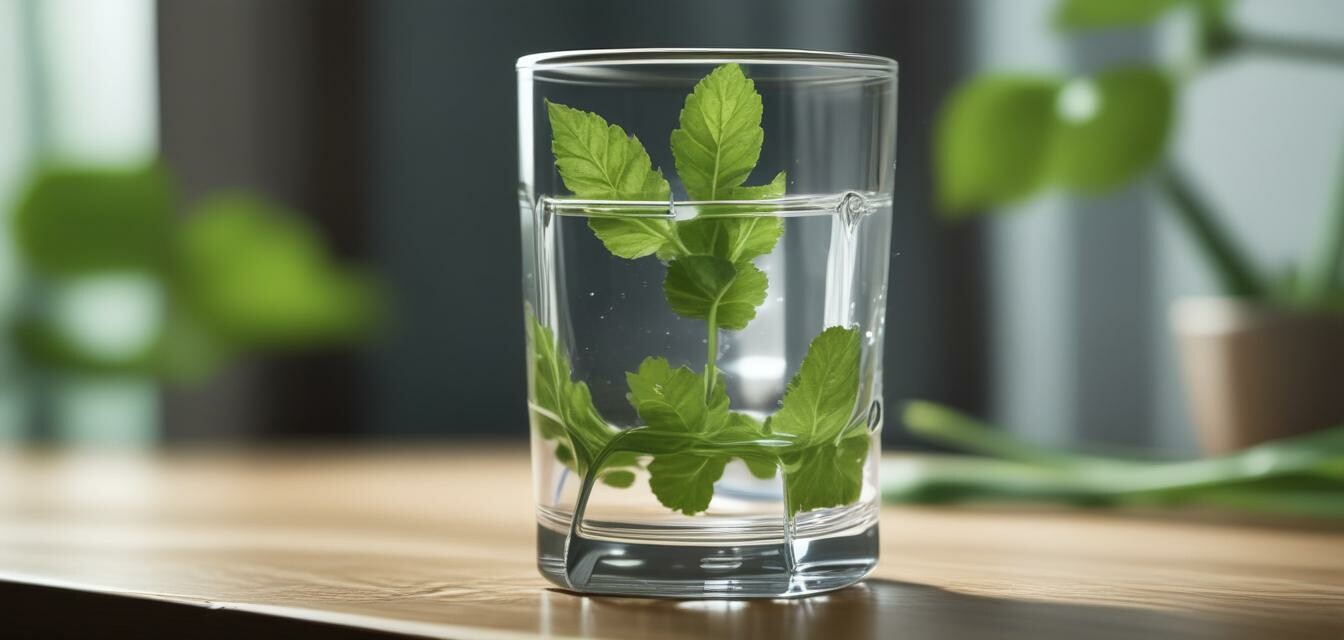
The Importance of Hydration in Anti-Aging
Key Takeaways
- Hydration is crucial for maintaining skin elasticity and reducing the appearance of fine lines.
- Optimal hydration involves not only drinking water but also consuming hydrating foods.
- A skincare routine that includes hydration can significantly enhance skin health.
- Staying hydrated can improve overall health beyond skincare, impacting energy levels and metabolism.
When it comes to maintaining youthful, healthy skin, hydration plays a vital role. It is often overlooked how integral water is not only for our body but also for our skin's appearance. This article explores the importance of hydration in anti-aging, with practical tips for optimizing your hydration levels.
Why Hydration Matters for Aging Skin
As we age, our skin naturally loses moisture, which can lead to dryness, loss of elasticity, and the formation of wrinkles. Proper hydration helps to combat these signs of aging in several ways:
- Maintains elasticity: Hydrated skin tends to be more elastic and flexible.
- Reduces fine lines: Well-hydrated skin can minimize the appearance of fine lines and wrinkles.
- Enhances skin texture: Hydration promotes a smoother texture and improves overall skin appearance.
How to Optimize Your Hydration
Hydration goes beyond just drinking water. Here are various strategies to help you stay hydrated:
1. Drink plenty of water
It is recommended to consume at least eight 8-ounce glasses of water daily, but this can vary based on individual needs and activity levels. Here are some practical tips:
- Carry a reusable water bottle to monitor your intake.
- Add lemon or cucumber to your water for a refreshing twist.
2. Eat hydrating foods
Incorporate foods that have high water content into your diet. Some excellent options include:
| Food | Water Content (%) |
|---|---|
| Cucumbers | 96 |
| Tomatoes | 95 |
| Watermelon | 92 |
| Strawberries | 91 |
| Spinach | 91 |
3. Use hydrating skincare products
Integrate products that promote hydration into your skincare regimen. Look for:
4. Limit dehydrating substances
Reduce consumption of caffeine and alcohol, which can contribute to dehydration. Opt for alternatives or limit intake to maintain hydration.
5. Hydrate during physical activity
Ensure to drink water before, during, and after any physical activity. This will help replace fluids lost through sweat and maintain your skin’s moisture balance.
The Impact of Environmental Factors
Environmental factors like climate and air quality can greatly influence your skin's hydration levels. Here are tips to manage hydration in various conditions:
- In dry climates, use a humidifier indoors to add moisture to the air.
- Protect your skin from cold weather by using thicker lotions that seal in moisture.
- Avoid overexposure to the sun, as UV rays can dehydrate your skin.
Pros of maintaining hydration
- Improves skin elasticity
- Reduces signs of aging
- Enhances overall health and energy
Cons of neglecting hydration
- Increased risk of dry skin
- More visible wrinkles and fine lines
- Poor skin texture and appearance
Final Thoughts
Incorporating adequate hydration into your daily routine is essential for maintaining youthful skin. By drinking water, consuming hydrating foods, and utilizing suitable skincare products, you can effectively combat the signs of aging. Remember, hydration is a holistic process that benefits not only your skin but your overall wellbeing. Stay informed by exploring more techniques through our Tips and Tricks blog for additional insights into natural anti-aging methods.
